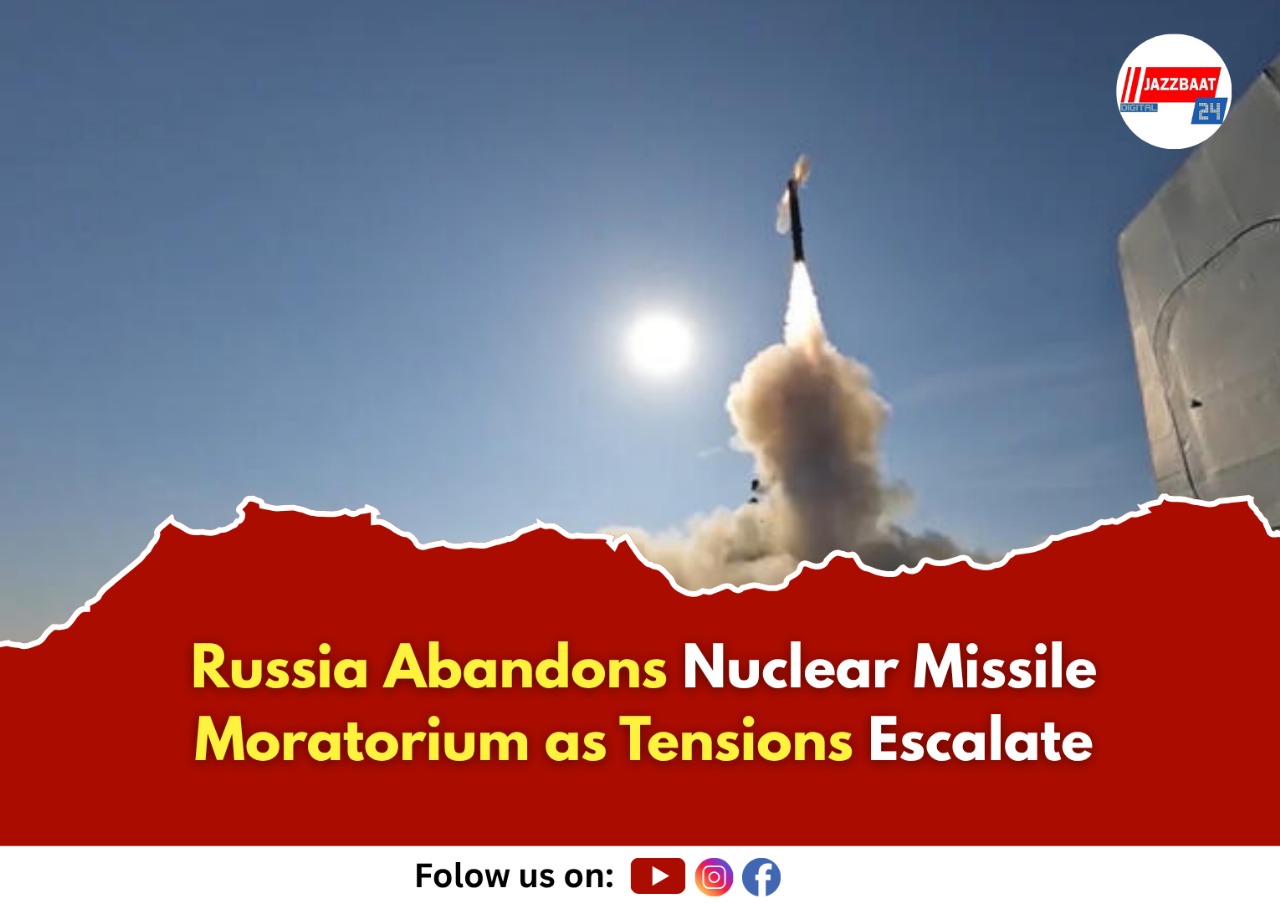
Russia has withdrawn from its self-imposed moratorium on deploying intermediate and short-range nuclear missiles, escalating tensions with NATO allies in a move that former President Dmitry Medvedev warns is just the beginning of Moscow's response.
The announcement came Monday from Russia's Foreign Ministry, which cited the "actual deployment of US-made land-based medium- and short-range missiles in Europe and the Asia-Pacific region" as justification for abandoning the restrictions. The ministry declared that conditions for maintaining the unilateral moratorium had "disappeared."
Medvedev Issues Stark Warning
Dmitry Medvedev, now deputy head of Russia's Security Council, placed the blame squarely on Western shoulders. "The Russian Foreign Ministry's statement on the withdrawal of the moratorium on the deployment of medium- and short-range missiles is the result of NATO countries' anti-Russian policy," he posted on social media platform X.
"This is a new reality all our opponents will have to reckon with. Expect further steps," Medvedev added ominously, though he provided no details about what additional measures Moscow might take.
The warning comes amid an increasingly heated exchange of words between Medvedev and US President Donald Trump, who last Friday announced he had ordered two nuclear submarines to be repositioned to "appropriate regions" near Russia.
Treaty Background and Breakdown
The move effectively ends Russia's adherence to restrictions stemming from the 1987 Intermediate-Range Nuclear Forces (INF) Treaty, originally signed by Soviet leader Mikhail Gorbachev and US President Ronald Reagan. The historic agreement eliminated ground-launched nuclear missiles with ranges between 500 and 5,500 kilometers.
However, the treaty began unraveling when the United States withdrew in 2019 under Trump's first administration, citing Russian non-compliance. Despite the US exit, Russia had maintained its own moratorium on deploying such weapons, provided Washington refrained from doing so.
Foreign Minister Sergei Lavrov had signaled as early as December that Moscow's patience was wearing thin, describing the moratorium as "practically no longer viable" due to what he called US and NATO provocations.
Strategic Implications
The Russian Foreign Ministry's statement painted a picture of mounting security concerns, noting that since 2023, the US has moved missile systems capable of launching INF-range weapons into NATO countries across Europe and the Asia-Pacific region. These systems have been tested during military exercises that Moscow views as openly hostile.
"The above-mentioned steps by the collective West lead to the formation and buildup of destabilizing missile potentials in regions adjacent to Russia, creating a direct, strategic threat to the security of our country," the ministry declared.
Global Stakes Rising
The development occurs at a particularly sensitive moment, with Trump threatening new sanctions on Russia and oil buyers including India and China unless President Vladimir Putin agrees to a Ukraine ceasefire by Friday. Putin has shown no signs of yielding to the pressure, recently stating that Russia maintains momentum in its conflict with Ukraine.
Kremlin spokesman Dmitry Peskov attempted to downplay the submarine positioning, noting that US submarines are already on regular combat duty. However, he urged caution with nuclear rhetoric, highlighting the dangerous trajectory of current US-Russia relations.
As both sides escalate their military posturing, the abandonment of the missile moratorium marks another significant step away from the arms control frameworks that helped maintain strategic stability during the Cold War era.